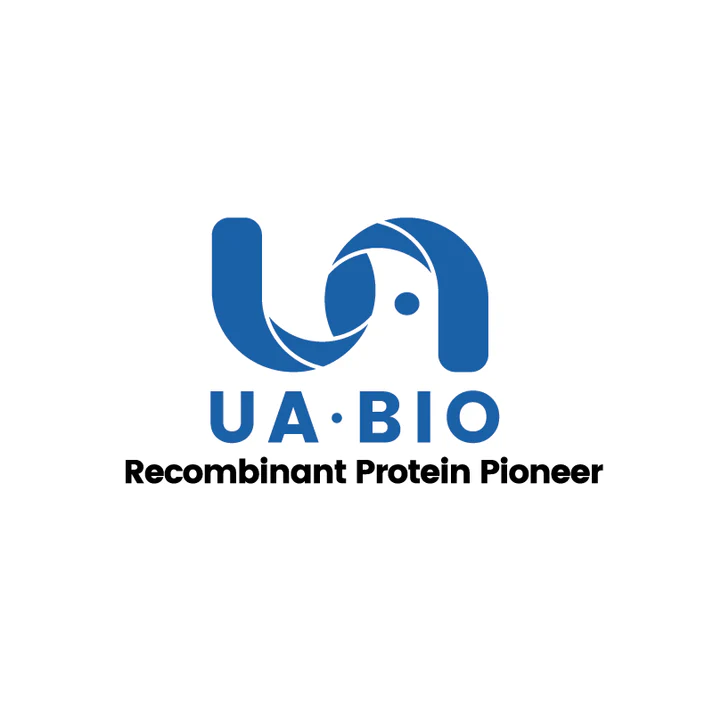1μg (R: reducing condition, N: non-reducing condition).
Product Details
Product Details
Product Specification
| Species | Human |
| Synonyms | C1q/MBL/SPA receptor, C1qR, C1qRp, C1qR(p), CD93, Complement component 1 q subcomponent receptor 1, Matrix-remodeling-associated protein 4 |
| Accession | Q9NPY3 |
| Amino Acid Sequence | Thr22-Lys580, with C-terminal His and Avitag |
| Expression System | HEK293 |
| Molecular Weight | 90-95kDa (Reducing) |
| Purity | >95% by SDS-PAGE |
| Endotoxin | <1EU/μg |
| Conjugation | Biotin |
| Tag | Avi Tag, His Tag |
| Physical Appearance | Lyophilized Powder |
| Storage Buffer | PBS, pH7.4. |
| Reconstitution | Reconstitute at 0.1-1 mg/ml according to the size in ultrapure water after rapid centrifugation. |
| Stability & Storage | · 12 months from date of receipt, lyophilized powder stored at -20 to -80℃. · 3 months, -20 to -80℃ under sterile conditions after reconstitution. · 1 week, 2 to 8℃ under sterile conditions after reconstitution. · Please avoid repeated freeze-thaw cycles. |
| Reference | 1. Greenlee-Wacker M.C., Briseño C., Galvan M., Moriel G., Velázquez P., Bohlson S.S. Membrane-Associated CD93 Regulates Leukocyte Migration and C1q-Hemolytic Activity during Murine Peritonitis. J. Immunol. 2011;187:3353–3361. 2. Nepomuceno R.R., Henschen-Edman A.H., Burgess W.H., Tenner A.J. cDNA cloning and primary structure analysis of C1qRp, the human C1q/MBL/SPA receptor that mediates enhanced phagocytosis in vitro. Immunity. 1997;6:119–129. 3. Nepomuceno R.R., Tenner A.J. C1qRp, the C1q receptor that enhances phagocytosis, is detected specifically in human cells of myeloid lineage, endothelial cells, and platelets. J. Immunol. 1998;160:1929–1935. |
Background
Complement component 1q (C1q) receptor 1 (C1qR1, also known as C1qRp, or cluster of differentiation 93-CD93) is a 126-kDa type 1 transmembrane glycoprotein expressed in endothelial and hematopoietic cells, and responsible for C1q-induced phagocytosis. CD93 contains one C-type lectin domain and five EGF-like domains. Mature human CD93 consists of a 557 amino acid (aa) extracellular domain (ECD) with one C‑type lectin domain, four tandem EGF‑like domains, and a mucin‑like domain, followed by a 21 aa transmembrane segment and a 51 aa cytoplasmic domain. CD93 is receptor for C1q, mannose-binding lectin (MBL2) and pulmonary surfactant protein A (SPA). Soluble CD93 promotes the differentiation of monocytes to macrophages, phagocytosis of apoptotic cells, and inflammatory responsiveness to multiple TLR ligands.
Picture
Picture
SDS-PAGE


